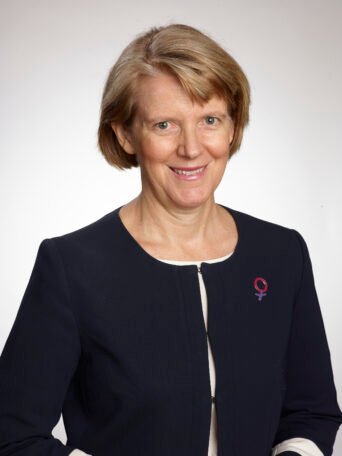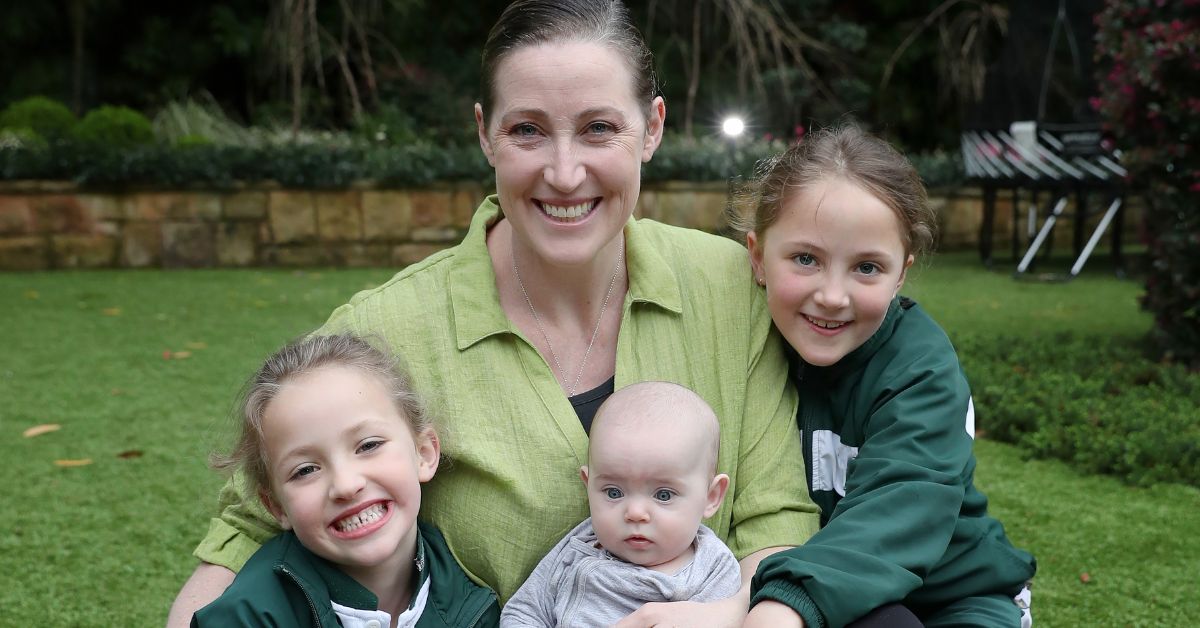Report on Gynaecological Cancer Awareness Month by Charlotte Lewis.
We’ve all had that nagging feeling that something is wrong with our bodies. But many of us dismiss it, thinking it’s caused by stress, a poor diet or lack of sleep. But often your body is telling you something is serious.
September is Gynaecological Cancer Awareness month, and Australia New Zealand Gynaecological Oncology Group ambassador Jana Pittman – Olympian turned doctor – is urging women to check out any symptoms they have – before it’s too late.
“Gynaecological cancers often go without symptoms in the early stages – so if you are having any symptoms, it is time to see a doctor. Now!”, Dr Pittman, a mother of six, said.
“I have had women coming into clinics with symptoms that have been occurring, in some cases, for years but they haven’t had a screening or seen someone because ‘It’s a bit private’”.
“Women need to step outside their comfort zone.”

This year, nearly 7000 Australian women and 1000 New Zealand women will be diagnosed with one of seven gynaecological cancers – ovarian (fallopian tube), cervical, uterine (endometrial), vagina, vulva, and two rarer placental cancers. That’s 18 Aussie women and 3 Kiwi women every day.
Almost half of women diagnosed with ovarian cancer will not survive past five years. Meanwhile, the rate of endometrial cancer – which can be a very aggressive form of cancer – in Australia and New Zealand has increased by 55% in the past 20 years. Survival depends on early detection – and ongoing research and clinical trials into better treatments and outcomes.
During Gynaecological Cancer Awareness month in September, ANZGOG’s Honour Her campaign aims to raise awareness and fundraising for gynaecological cancer research and trials.
The campaign encourages women to know their bodies, understand the symptoms of gynaecological cancers and see a doctor if potential symptoms persist longer than 2-3 weeks.
The most reported symptoms of gynaecological cancer are:
• abnormal or persistent vaginal bleeding
• unusual vaginal discharge
• pain, pressure or discomfort in the abdomen
• swelling of the abdomen
• change in bowel or bladder habits
• pain during sex
• vaginal itching, burning or soreness
• lumps, sores or wart-like growths
“If we don’t push for funding of innovative trials of new therapies, survival rates will not improve,” ANZGOG chair and clinician researcher Professor Clare Scott warned.
Funding through donations “ensures the design of the trial is decided by cancer doctors and researchers, who have no agenda other than to choose the best drugs and compare them with other treatments,” she said.

Professor Clare Scott
Clare added that the funding of clinical trials “makes a critical difference in whether we understand who should get which drug for their cancer”.
“This can be the difference between a woman knowing which treatments and trials are right for her and most likely to prolong her life,” she said.
“Until we can match more cancers to targeted therapy, we are still behind the eight-ball. Trying to match treatment to more women’s gynaecological cancers will give more women the chance of experiencing a meaningful response to treatment, with longer control of their cancer.”
“We need more funding to extend our current research so that we can discover more, faster.”
To donate, please go to www.honourher.org.au
The Australia New Zealand Gynaecological Oncology Group (ANZGOG) is the peak national gynaecological cancer research organisation for Australia and New Zealand. Through its public fundraising brand WomenCan, ANZGOG aims to support and finance pioneering discoveries to help women with gynaecological cancer to live longer.
















